Home>Garden Essentials>How To Prepare Chia Seeds For Dogs
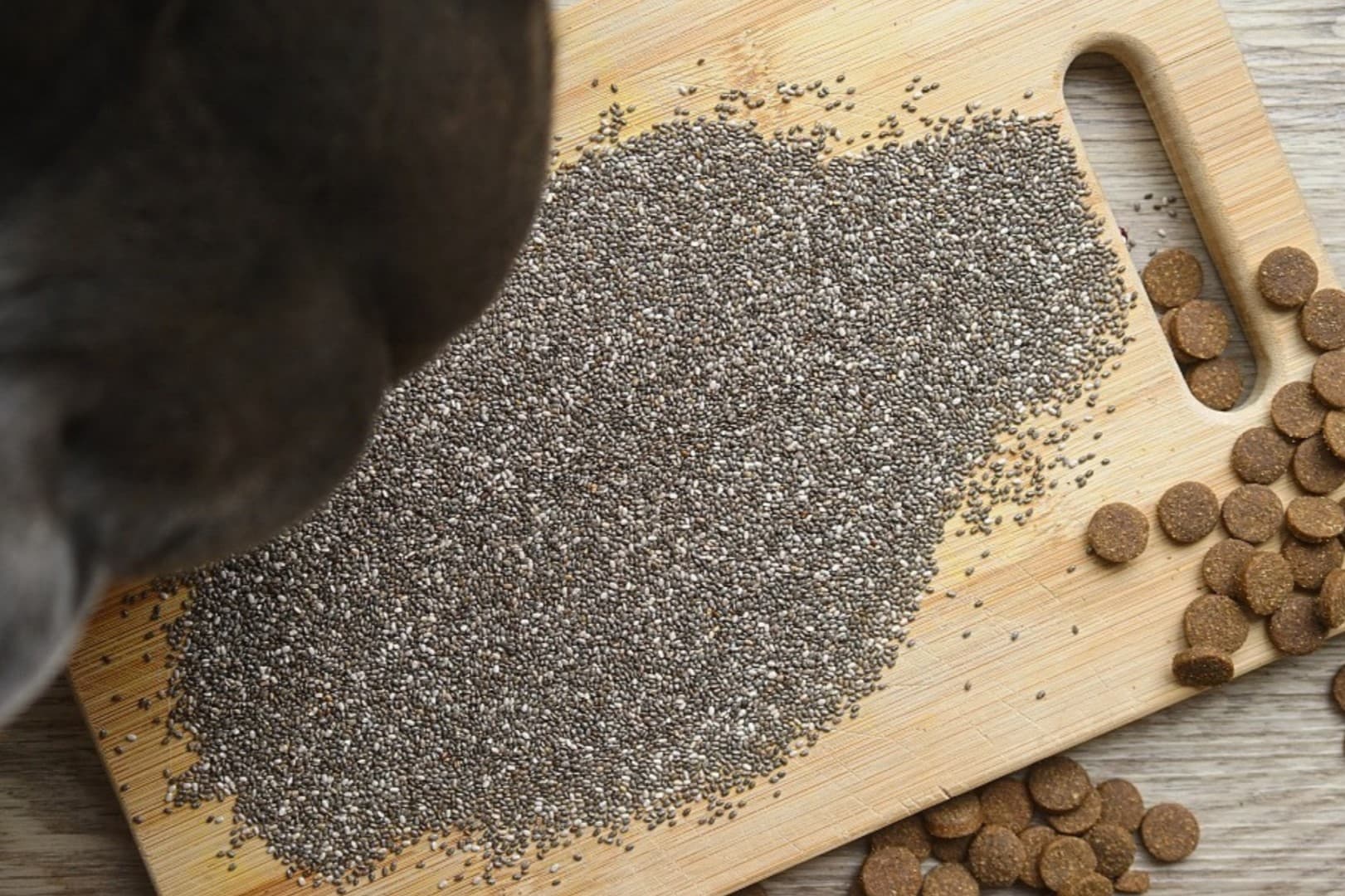

Garden Essentials
How To Prepare Chia Seeds For Dogs
Modified: March 24, 2024
Discover how to incorporate garden chia seeds into your dog's diet with this comprehensive guide on preparing chia seeds for dogs, ensuring their health and well-being.
(Many of the links in this article redirect to a specific reviewed product. Your purchase of these products through affiliate links helps to generate commission for Storables.com, at no extra cost. Learn more)
Introduction
Chia seeds are not just a trendy superfood for humans, but they can also provide incredible benefits for our furry friends – dogs. These tiny powerhouses are packed with essential nutrients, making them a fantastic addition to your dog’s diet. With their high levels of protein, fiber, and healthy fats, chia seeds can contribute to your dog’s overall health and well-being.
In this article, we will explore the numerous benefits of chia seeds for dogs and guide you on how to incorporate them into your dog’s diet. We will also discuss the proper dosage, precautions, and potential side effects to ensure your furry companion reaps the maximum benefits of these incredible seeds.
So, if you’re ready to learn about the wonders of chia seeds for dogs, read on!
Key Takeaways:
- Chia seeds can benefit dogs by improving their skin, digestion, and energy levels. Soak the seeds before feeding and consult a vet for the right dosage to ensure your furry friend’s well-being.
- When adding chia seeds to your dog’s diet, start slow, monitor their reaction, and consult a vet for personalized advice. Choose high-quality, organic seeds and store them properly for maximum benefits.
Read more: How Do You Prepare Chia Seeds
Benefits of Chia Seeds for Dogs
Chia seeds are truly a nutritional powerhouse for dogs, offering a wide range of benefits that can support their overall health and well-being.
1. Rich in Omega-3 Fatty Acids: Chia seeds are an excellent source of omega-3 fatty acids, such as alpha-linolenic acid (ALA). These fatty acids play a crucial role in promoting a healthy coat and skin, reducing inflammation, and supporting brain health in dogs.
2. High Fiber Content: Chia seeds are rich in dietary fiber, which can aid in maintaining a healthy digestive system for your dog. The soluble fiber in chia seeds can help regulate bowel movements, prevent constipation, and support a healthy weight management.
3. Protein Powerhouse: Chia seeds are considered a complete protein source as they contain all the essential amino acids that dogs need. Protein is essential for muscle development, repair, and overall growth in dogs.
4. Antioxidant Boost: Chia seeds are loaded with antioxidants, such as flavonoids and vitamin E. These antioxidants help combat free radicals, protect cells from damage, and support your dog’s immune system.
5. Hydration Support: When soaked in water, chia seeds absorb liquid and form a gel-like substance. This gel can help keep your dog hydrated, making it a fantastic option during hot summer months or for dogs who may struggle to drink enough water.
6. Energy Boost: Chia seeds are a great source of sustained energy due to their complex carbohydrates. This can be particularly beneficial for active dogs or those participating in high-energy activities, providing them with the fuel they need to perform optimally.
7. Improved Joint Health: The omega-3 fatty acids in chia seeds have anti-inflammatory properties that can help alleviate joint pain and stiffness, benefiting dogs with arthritis or other joint-related issues.
It’s important to note that while chia seeds offer numerous health benefits, they should not be considered a cure-all solution. As with any dietary change, it’s always best to consult with your veterinarian to ensure chia seeds are appropriate and safe for your individual dog.
Choosing and Purchasing Chia Seeds
When it comes to choosing and purchasing chia seeds for your dog, there are a few factors to consider to ensure you’re getting a high-quality product:
1. Organic and Non-GMO: Look for chia seeds that are labeled as organic and non-GMO. This ensures that the seeds have been grown without the use of harmful pesticides, herbicides, or genetic modification.
2. Whole Seeds: Opt for whole chia seeds rather than ground or pre-soaked seeds. Whole seeds have a longer shelf life and retain their nutritional value better than processed forms.
3. Freshness: Check the expiration date on the package to ensure you’re getting fresh chia seeds. It’s also a good idea to buy from reputable brands or suppliers that have a track record of providing high-quality products.
4. Storage Conditions: Consider how the chia seeds have been stored before purchasing. Seeds that have been properly stored in a cool, dry place will maintain their quality and freshness.
5. Packaging: Look for chia seeds that are packaged in airtight containers or resealable bags. This helps to preserve the seeds’ freshness and prevent them from spoiling or losing their nutritional value.
6. Supplier Reputation: Research the reputation of the supplier or brand from which you’re purchasing the chia seeds. Read reviews, check for certifications, and look for any information that indicates their commitment to quality and customer satisfaction.
Remember, buying high-quality chia seeds is essential to ensure your dog receives the maximum benefits. It’s worth investing a little more in a reputable brand to guarantee the quality and safety of the product.
Preparing Chia Seeds for Dogs
Preparing chia seeds for your dog can be done easily and quickly. Follow these simple steps to ensure that the chia seeds are properly prepared for your furry friend:
1. Soaking Chia Seeds: Before feeding chia seeds to your dog, it’s recommended to soak them first. Soaking allows the seeds to absorb water and form a gel-like substance, which makes it easier for your dog to digest and for their bodies to absorb the nutrients.
To soak the chia seeds, you can mix them with water or your dog’s favorite liquid, such as low-sodium chicken broth or bone broth. The general ratio is one part chia seeds to four parts liquid. Let the mixture sit for about 15-30 minutes until the seeds have absorbed the liquid and formed a gel-like consistency.
2. Mixing with Food: Once the chia seeds have soaked and formed a gel, you can mix them with your dog’s regular food. Start with a small amount and gradually increase the portion over time to let your dog adjust to the new addition.
Chia seeds can be added to both wet and dry dog food. You can also mix them with plain yogurt or natural peanut butter to make a tasty and nutritious treat for your dog.
3. Storage: If you have extra soaked chia seeds that you won’t be using immediately, you can store them in an airtight container in the refrigerator for up to 2-3 days. Make sure to discard any unused soaked chia seeds after this period as they may spoil.
It’s important to note that while chia seeds offer many nutritional benefits, they should be introduced gradually into your dog’s diet, especially if they’re not used to consuming high-fiber foods. Monitor your dog’s digestive system and adjust the amount of chia seeds accordingly.
Additionally, always consult with your veterinarian before making any changes to your dog’s diet or introducing new supplements, including chia seeds. They can provide individualized guidance based on your dog’s specific needs and health conditions.
Soak chia seeds in water for at least 30 minutes before giving them to your dog. This will make them easier to digest and prevent any potential choking hazards.
Chia Seed Dosage for Dogs
When it comes to adding chia seeds to your dog’s diet, it’s essential to ensure that you provide them with the right dosage. The appropriate dosage will depend on various factors such as your dog’s size, weight, and overall health. It’s always best to consult with your veterinarian to determine the proper chia seed dosage for your furry friend.
As a general guideline, the recommended chia seed dosage for dogs is approximately 1 teaspoon per 10 pounds of body weight, up to a maximum of 1 tablespoon per day. However, it’s important to start with a smaller amount and gradually increase the dosage over time to allow your dog’s body to adjust to the fiber content.
Keep in mind that chia seeds are high in fiber, so introducing them too quickly or giving too large of a dose can lead to digestive issues such as diarrhea or upset stomach. Monitoring your dog’s bowel movements and overall well-being is crucial when incorporating chia seeds into their diet.
It’s worth mentioning that chia seeds can absorb liquid and expand in your dog’s stomach, so make sure your dog has access to plenty of water throughout the day to prevent dehydration. This is especially important if you choose not to soak the chia seeds before feeding them to your dog.
Remember, every dog is unique, and their dietary needs may vary. Some dogs may benefit from a larger or smaller dosage of chia seeds based on their specific health conditions and dietary requirements. Consulting with your veterinarian is key to determining the appropriate chia seed dosage for your individual dog.
By providing the right dosage of chia seeds, you can ensure that your dog reaps the maximum benefits while minimizing any potential digestive issues.
Read more: What Does Chia Seeds Do For Dogs
Adding Chia Seeds to Your Dog’s Diet
Adding chia seeds to your dog’s diet can be a simple and beneficial way to enhance their nutritional intake. Here are a few tips to help you incorporate chia seeds into your dog’s meals:
1. Start Slowly: When introducing chia seeds to your dog’s diet, start with a small amount and gradually increase the portion over time. This allows your dog’s digestive system to adjust to the new addition and minimizes the risk of digestive upset.
2. Soak the Chia Seeds: Soaking chia seeds before feeding them to your dog is highly recommended. This helps the seeds become gel-like, making them easier to digest and allowing for better nutrient absorption. Soak the chia seeds in water or your dog’s preferred liquid before mixing them into their food.
3. Mix with Food: Chia seeds can be added to your dog’s wet or dry food. Mix the soaked chia seeds directly into their meal and ensure they are thoroughly combined. You can also mix chia seeds with other ingredients like yogurt or natural peanut butter to create a tasty and nutritious treat for your dog.
4. Use as a Topping or Binder: Another way to incorporate chia seeds into your dog’s diet is by using them as a topping or binder. Sprinkle a small amount of dry chia seeds over their food to add a crunchy texture and boost of nutrition. You can also use chia seeds as a binder for homemade dog treats by adding them to the recipe.
5. Monitor Your Dog’s Reaction: As with any dietary change, closely monitor your dog’s reaction to the addition of chia seeds. Watch for any signs of digestive upset, such as diarrhea or vomiting. If you notice any adverse symptoms, decrease the amount of chia seeds or consult your veterinarian for further guidance.
Remember, chia seeds should complement your dog’s balanced diet and not replace any essential nutrients they require. It’s important to continue feeding your dog a well-rounded diet that meets their specific nutritional needs.
If you have any concerns or questions about introducing chia seeds to your dog’s diet, consult with your veterinarian. They can provide personalized advice based on your dog’s age, breed, and health condition.
Side Effects and Precautions
While chia seeds offer numerous benefits for dogs, it’s important to be aware of the potential side effects and take necessary precautions before incorporating them into your dog’s diet.
1. Fiber Overload: Chia seeds are high in fiber, and consuming excessive amounts can lead to digestive issues such as bloating, gas, or diarrhea. To avoid fiber overload, start with a small amount and gradually increase the dosage while monitoring your dog’s reaction. If you notice any digestive upset, decrease the amount of chia seeds or consult your veterinarian for advice.
2. Allergic Reactions: Just like with any new food introduction, some dogs may have an allergic reaction to chia seeds. Symptoms of an allergic reaction can include itching, rashes, hives, or difficulty breathing. If you notice any of these signs, discontinue the use of chia seeds and consult your veterinarian immediately.
3. Potential Interactions with Medications: Chia seeds contain natural blood-thinning properties due to their omega-3 fatty acid content. If your dog is on any medications that also thin the blood, such as aspirin or anticoagulants, it’s advisable to consult your veterinarian before adding chia seeds to their diet. The combination of chia seeds and certain medications may increase the risk of bleeding.
4. Weight Gain: While chia seeds are a healthy addition to your dog’s diet, they are also calorie-dense. If your dog consumes chia seeds in excess or without considering their overall caloric intake, it can lead to weight gain. Adjust the portion size of your dog’s meals to account for the added calories from chia seeds, especially if weight management is a concern.
5. Individual Sensitivities: Every dog is unique, and some may have individual sensitivities or digestive issues with certain foods, including chia seeds. Pay attention to how your dog reacts to the addition of chia seeds, and if you notice any adverse effects, consult your veterinarian for guidance.
As always, it’s crucial to consult with your veterinarian before making any changes to your dog’s diet or adding new supplements. They can provide personalized advice based on your dog’s specific health needs and ensure that chia seeds are safe and appropriate for their individual circumstances.
Conclusion
Incorporating chia seeds into your dog’s diet can provide a range of health benefits, from improved skin and coat health to increased energy and enhanced digestion. These tiny seeds are a nutritional powerhouse, packed with omega-3 fatty acids, fiber, and protein.
When choosing chia seeds for your dog, opt for organic and non-GMO varieties. Ensure they are fresh and properly stored to maintain their nutritional value. Soaking the seeds before feeding them to your dog can enhance their digestibility and nutrient absorption.
Start with a small amount of chia seeds and gradually increase the dosage, monitoring your dog’s reaction. It’s important to follow the recommended dosage guidelines and consult with your veterinarian for individualized advice.
While chia seeds offer numerous benefits, it’s essential to be aware of potential side effects and take precautions. Fiber overload, allergies, and potential interactions with medications are important factors to consider. Pay attention to your dog’s individual sensitivities and adjust their diet accordingly.
Adding chia seeds to your dog’s diet should complement a balanced and nutritious meal plan. They are not a replacement for essential nutrients. Always prioritize your dog’s overall diet and consult with your veterinarian to ensure chia seeds are appropriate for their specific health needs.
By incorporating chia seeds into your dog’s diet in a responsible manner, you can contribute to their overall health and well-being. Remember to observe your dog’s reactions, provide plenty of fresh water, and seek professional advice when needed.
So, why not give your furry friend the nutritional boost they deserve? Consider adding chia seeds to their meals and watch them thrive with the benefits these tiny seeds have to offer!
Frequently Asked Questions about How To Prepare Chia Seeds For Dogs
Was this page helpful?
At Storables.com, we guarantee accurate and reliable information. Our content, validated by Expert Board Contributors, is crafted following stringent Editorial Policies. We're committed to providing you with well-researched, expert-backed insights for all your informational needs.
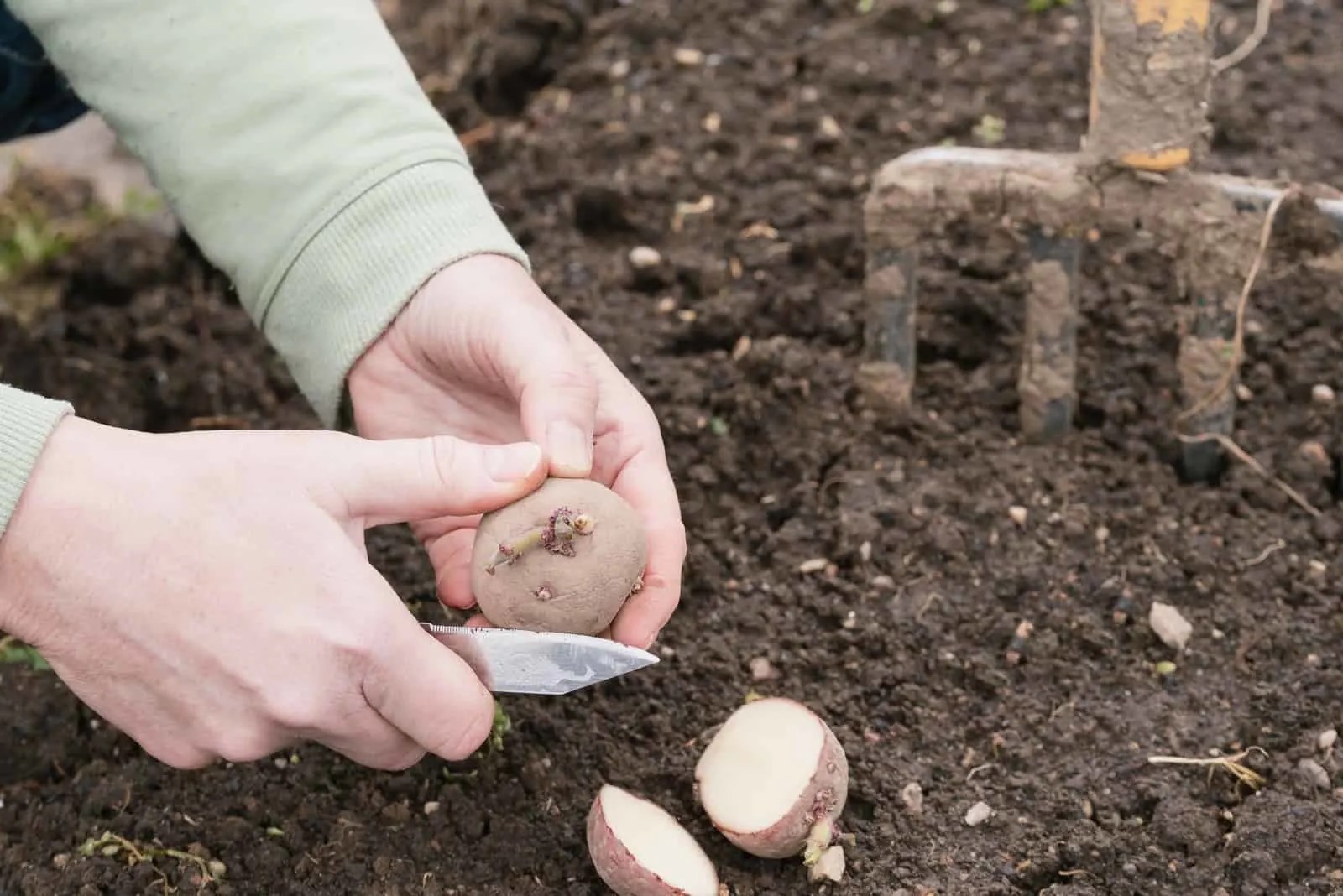
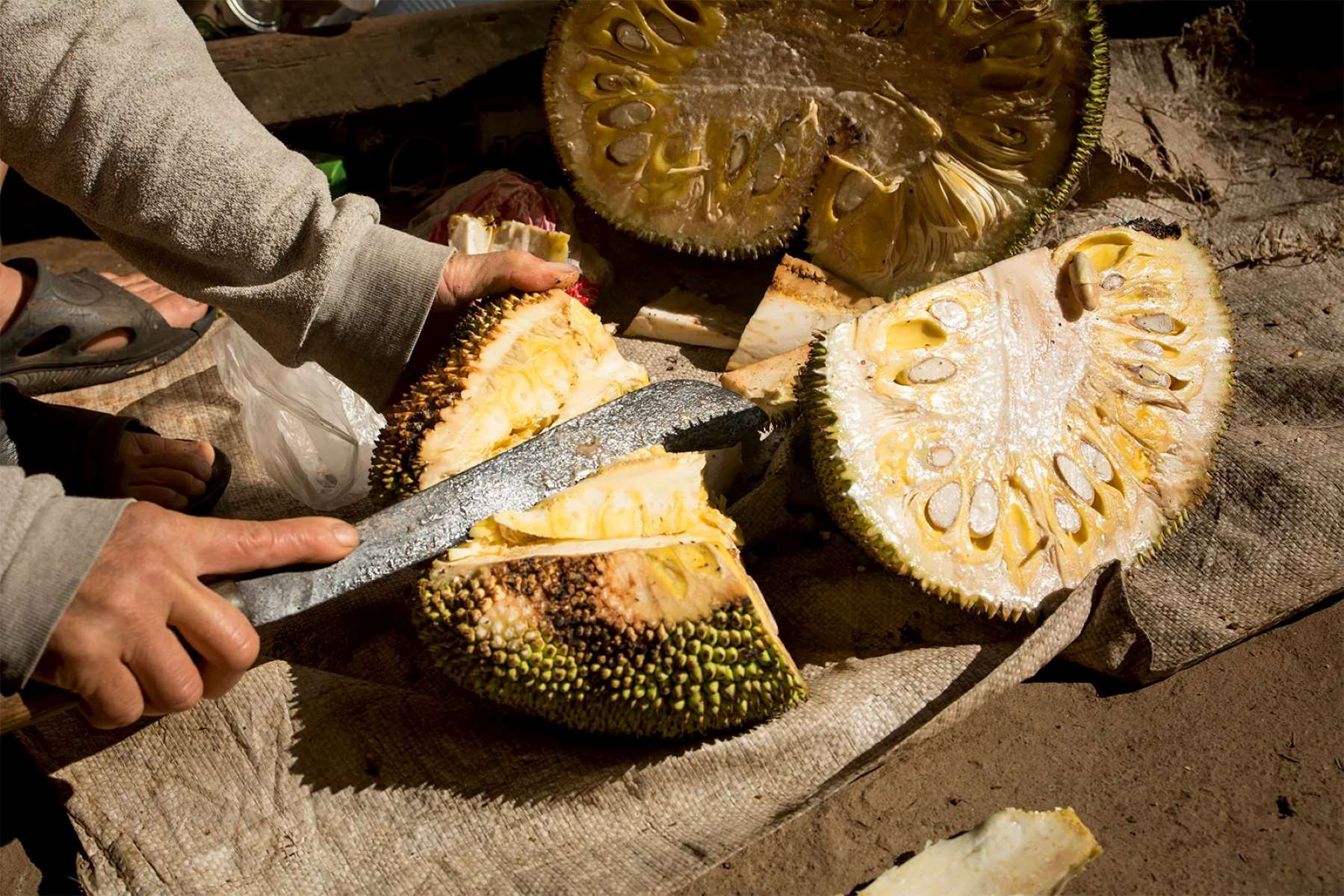
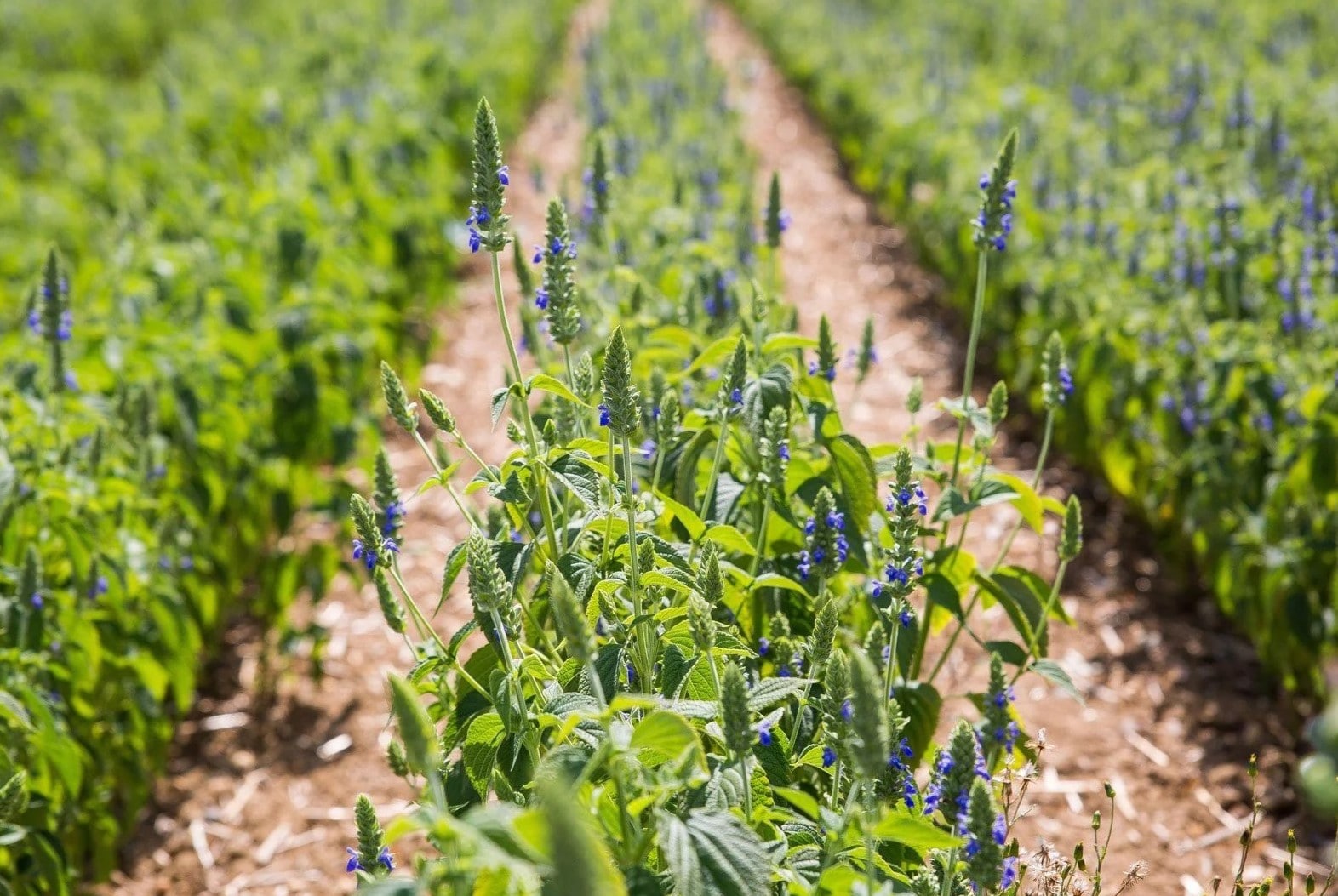

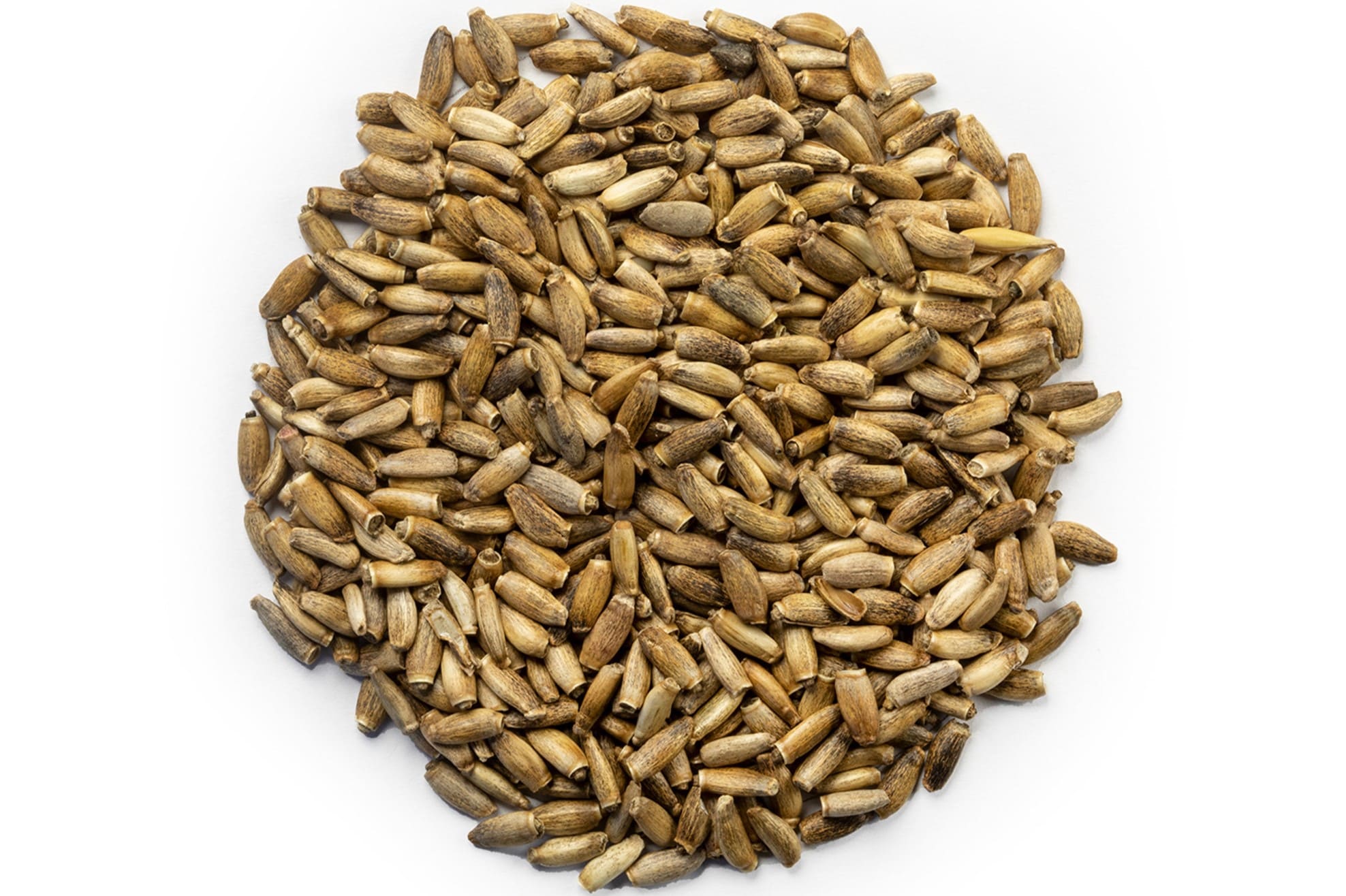
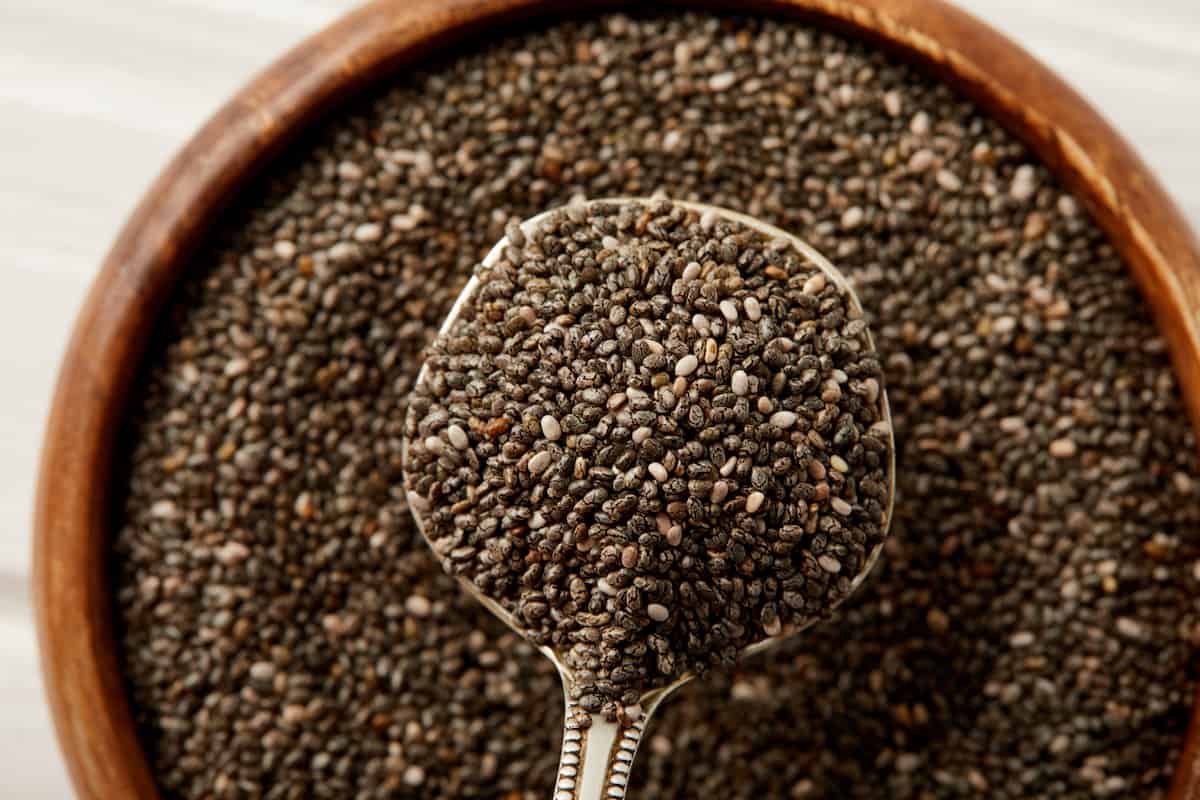
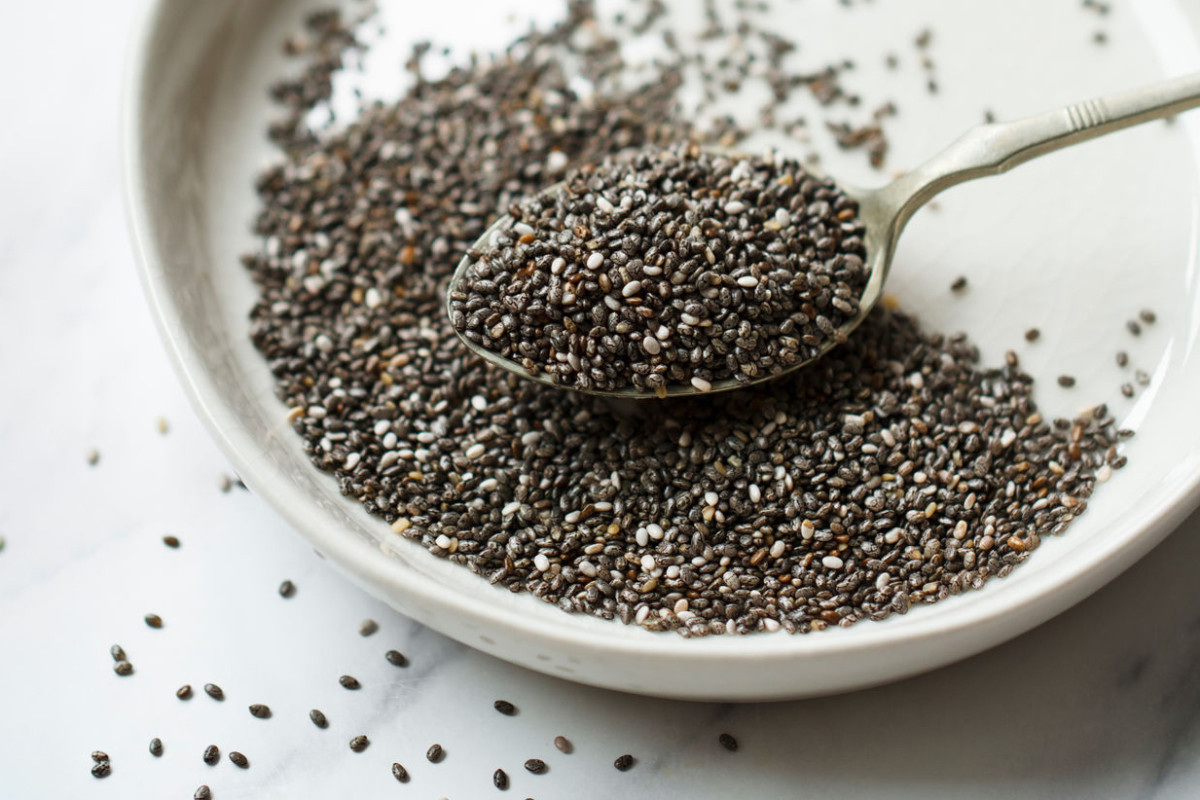

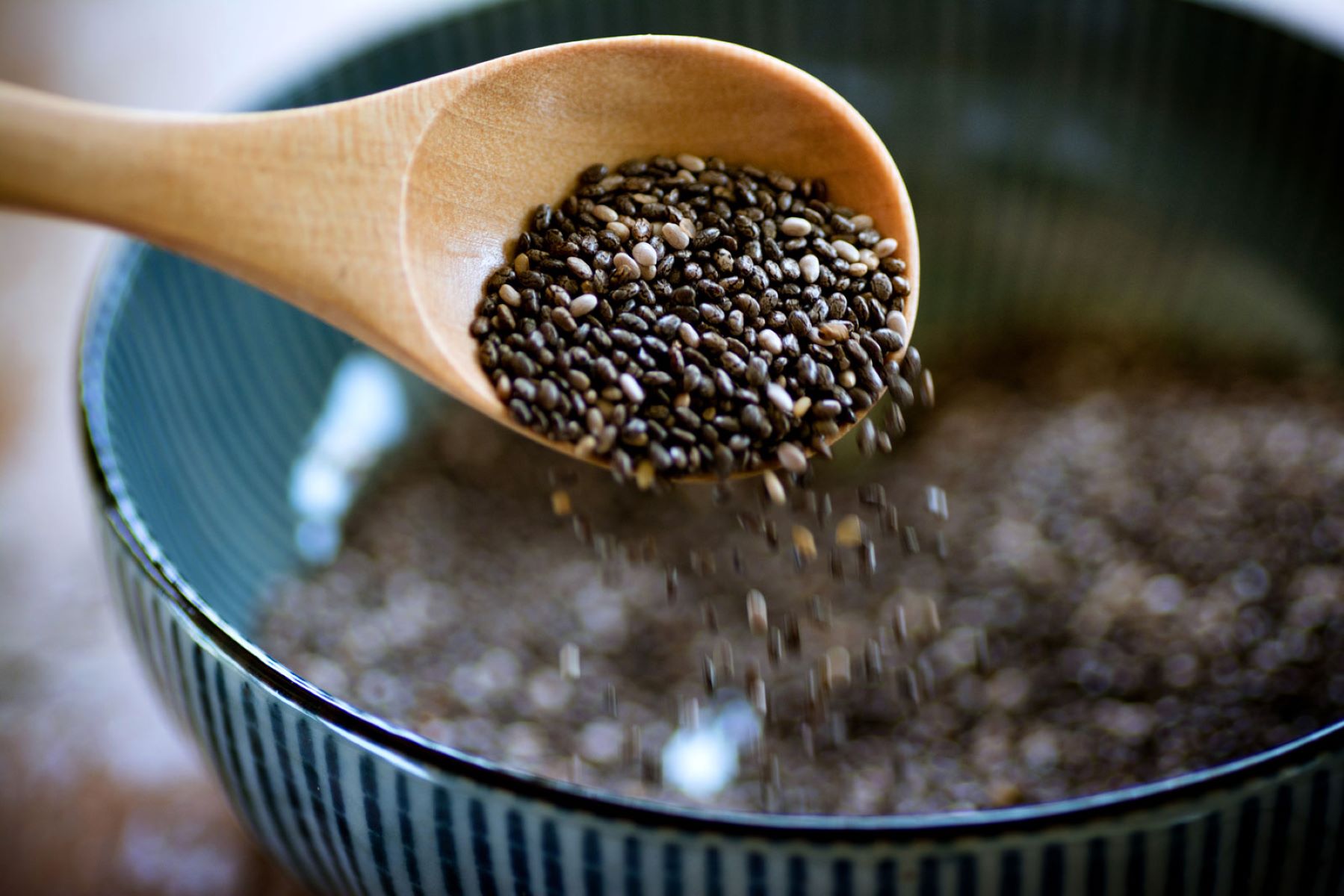

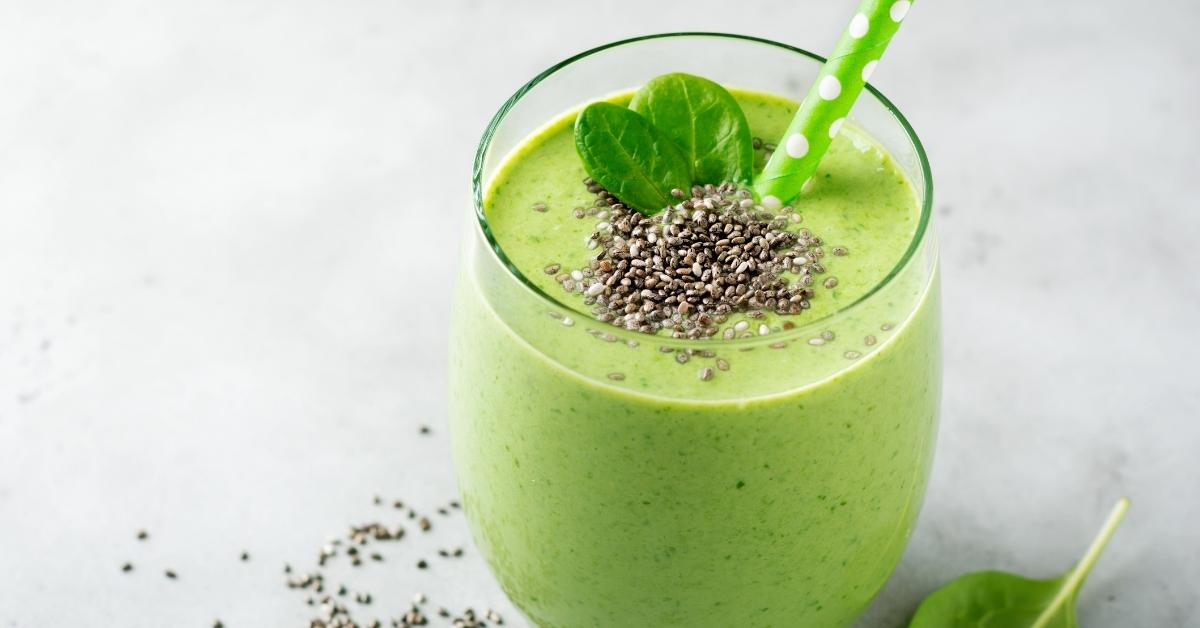
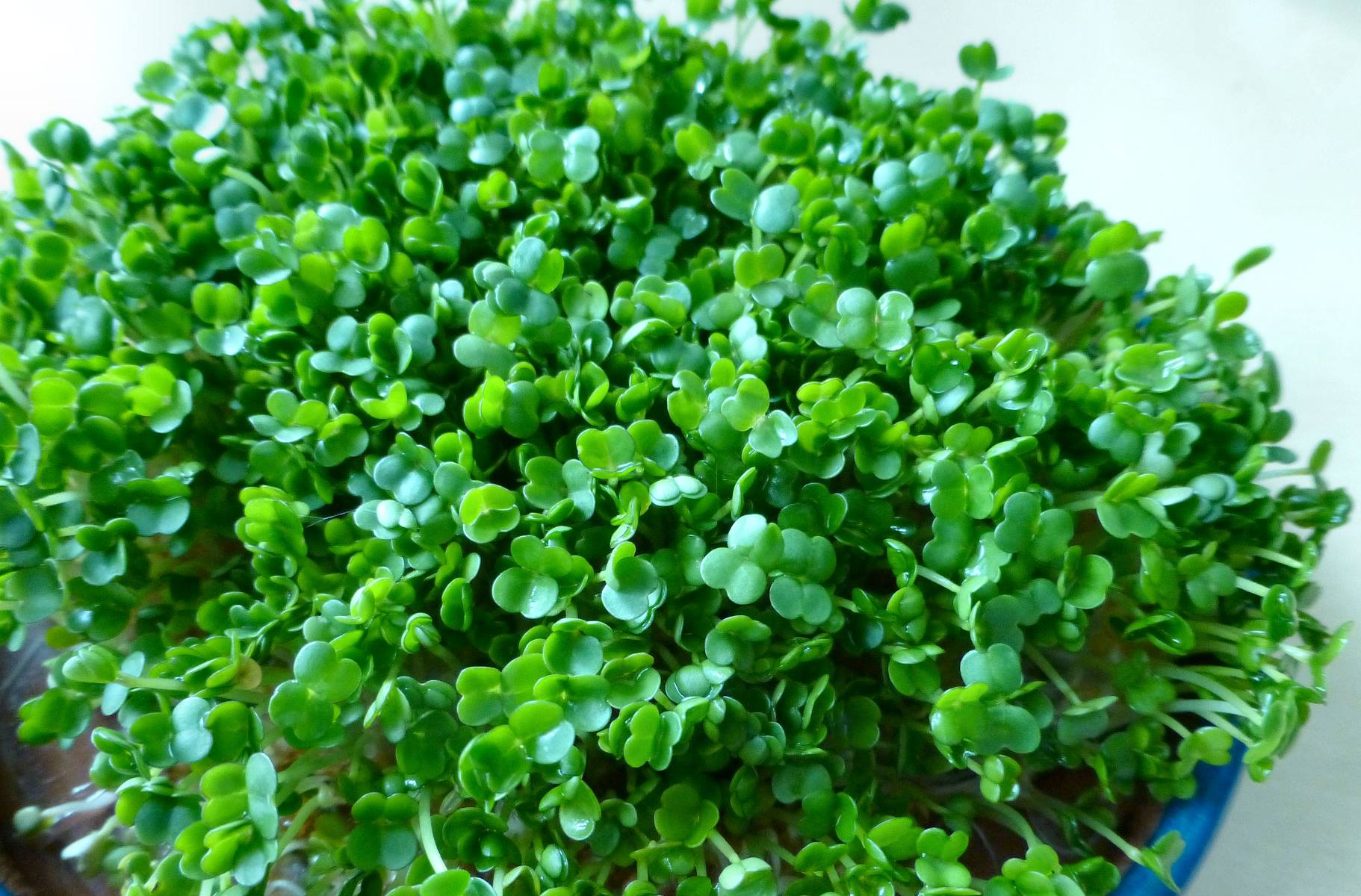
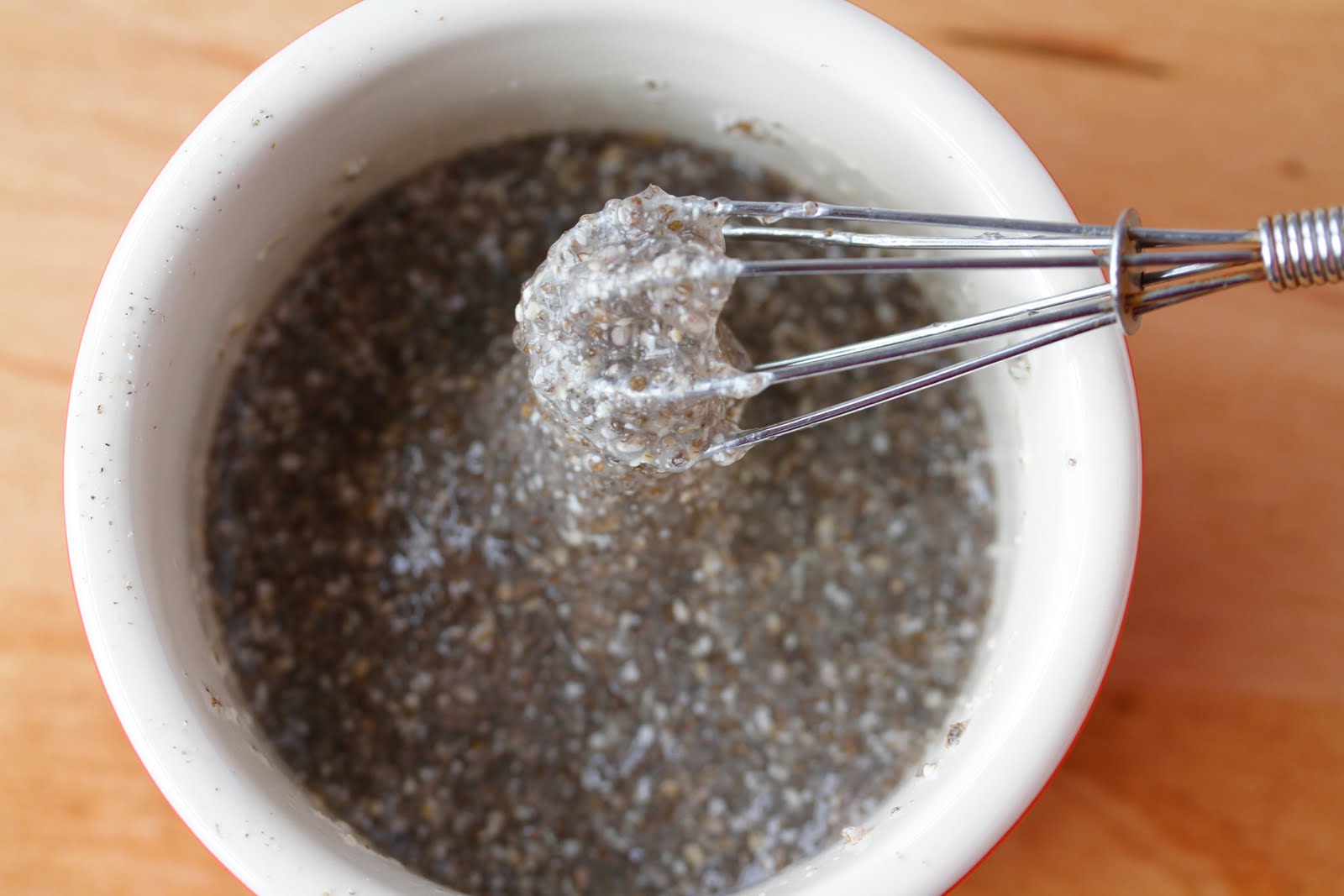


0 thoughts on “How To Prepare Chia Seeds For Dogs”